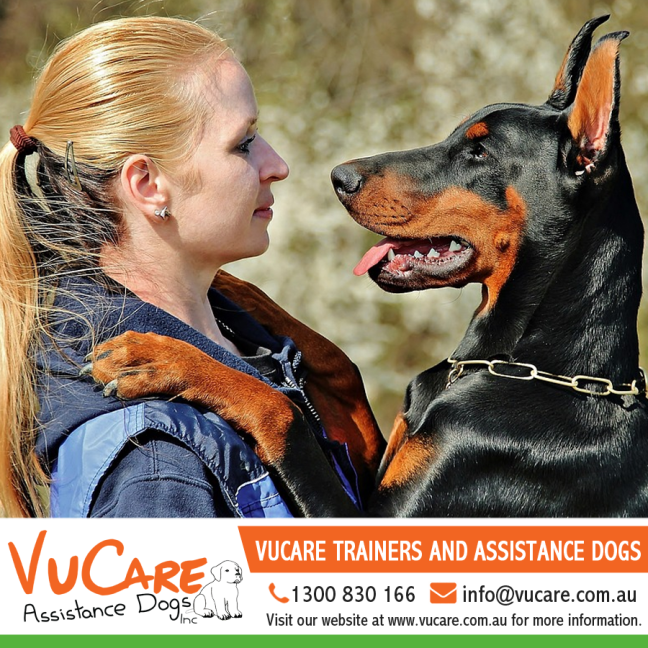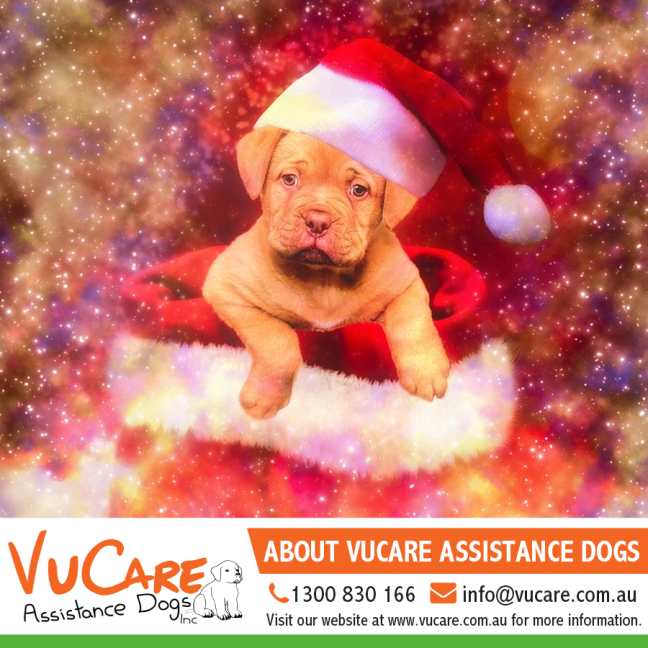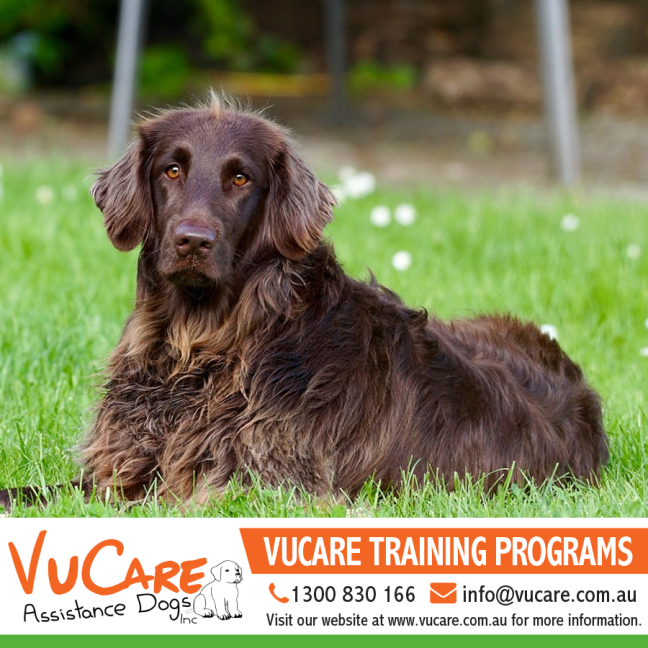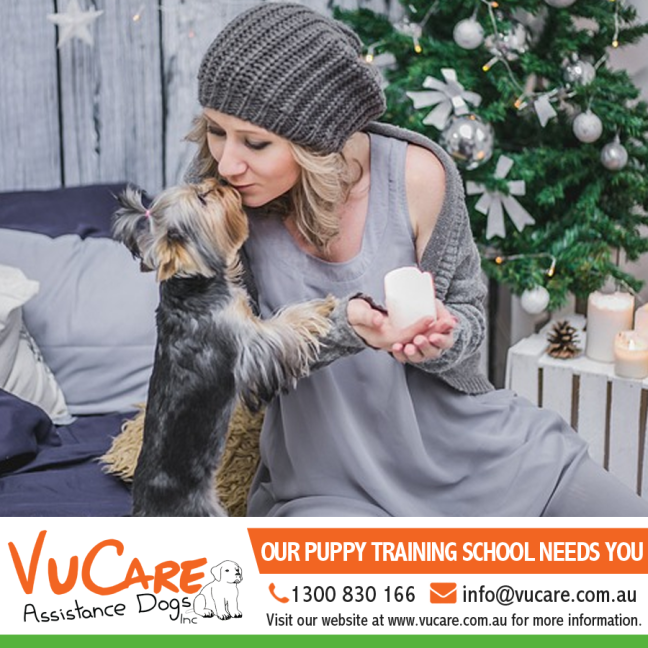
It defines a service animal as “any dog that is individually trained to do work or perform tasks for the benefit of a person with a disability, including a physical, neurological, psychiatric, intellectual or another mental handicap, to be able to mitigate the handicap.” A number of types of service dogs exist, and the tasks each kind is supposed to perform are determined by the disability of the individual he assists.
Guide Dogs
The guide dog aids a man who’s completely or largely visually impaired. The first type of service dog has been the guide dog, known to some as “seeing eye” dog. Although previously this animal had aided the blind; it was just after World War I that a formal training program was organized, in Germany to assist war veterans. The activities of a guide dog may consist of helping his bill in moving about and alerting them to dangerous conditions, like approaching vehicles. The dog has to have the ability to discover and follow a clear route, stop at curbs and safely avoid barriers. He works inside and outside the house and may retrieve dropped or lost objects.
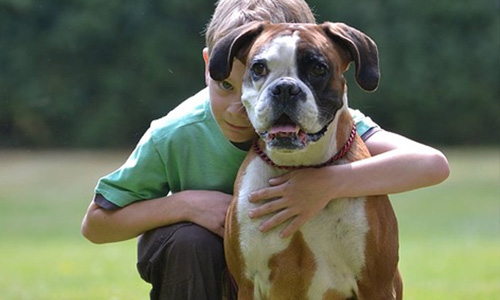
Service, Therapy, Emotional Support, Companion
It’s important to differentiate between service animals and companion dogs / animals. Service animals are working animals, not pets. “Emotional support animals” is a legal term for common domestic animals who provide therapeutic support to handicapped or elderly owners through nonjudgmental companionship and affection. These animals aren’t trained to perform specific tasks but must be reasonably well-behaved. Such animals are usually dogs. The advantages of having a companion animal — a pet — include lower cholesterol, triglycerides and anxiety; increased physical activity; and more social interaction. However, a pet isn’t specially trained to mitigate a handicap.
Other Kinds of Service Dogs
A hearing dog aids a person with partial or complete hearing impairment by alerting the individual to sounds or to the existence of others, like when the operator’s name is called, the telephone or doorbell rings, or a smoke detector goes off. An alert/response dog alerts someone or others to a seizure or other severe medical condition. Another sort of service dog aids a person whose mobility is impaired and lacks balance, stability or the ability to move about under his own power, like getting in and out of a wheelchair or getting up after a fall. The tasks these dogs perform include retrieving items from the ground, manipulating light switches, helping to groom or remove clothes, providing support for walking, helping with rolling over in bed, and opening and closing drawers and doors. They retrieve things like drugs, including from a fridge, among other tasks. The medical assistant dog aids persons with cognitive, autism, psychiatric or neurological disabilities. Common owners have asthma, cancer or Alzheimer’s, or are subject to seizures — certain trained dogs may warn the owner before the seizure occurs. Sometimes, a dog is trained to move the individual to a secure place and recover his medication. A psychiatric service dog offers therapeutic companionship to a man suffering from depression, panic attacks, anxiety, PTSD or agoraphobia, among other things.

Rights and Duties of Owners and the General Public
A service dog must be allowed access to public places. He must act properly, without showing aggression, barking, whining or annoying the general public by asking for food or attention. The handler should control him, and he will typically be on a leash. The general public must permit the service dog to do his work, not divert him, pet him, speak to him or attempt to create eye contact. All service dogs have prerequisites that might include such things as having the ability to perform three or more tasks to aid with the disability; demonstrating basic obedience skills in response to voice or hand signals to sit, stay, lie down, walk beside the handler and come when called; walk calmly on tether; execute tasks in public; and lie quietly beside the handler without obstructing passageways.

If you are looking for assistance dogs in Australia, check out VuCare Assistance Dogs. VuCare operates as a not for profit organization that provides support with medical aids and has a goal to train Assistance Dogs and Companion Dogs to improve the quality of life and increase the level of independence for people with disabilities. VuCare Assistance Dogs and Companion Dogs offer their new owners greater independence increased mobility, enhanced confidence and higher self esteem.
For more information call us on 1300 830 166 or email us at info@vucare.com.au. Visit VuCare Assistance Dogs website at http://vucare.com.au.
